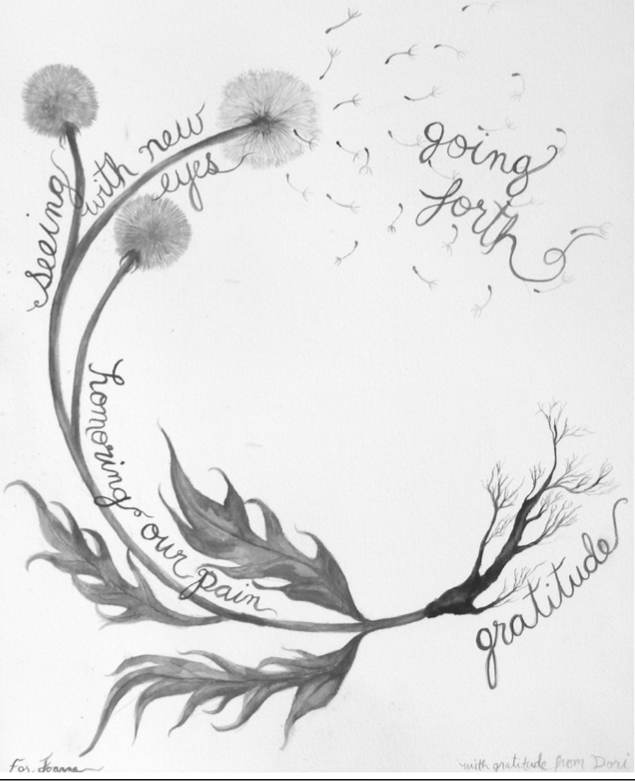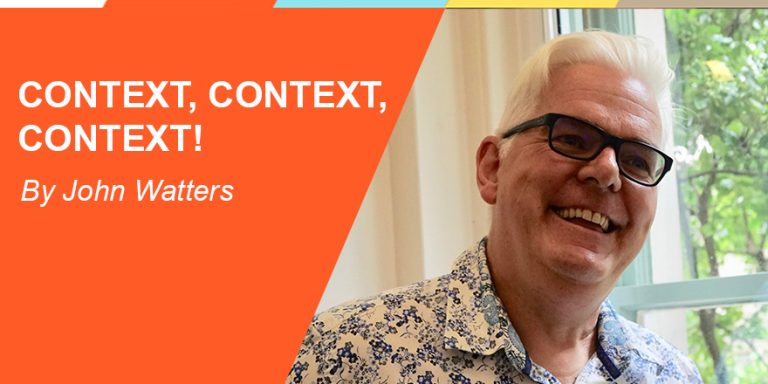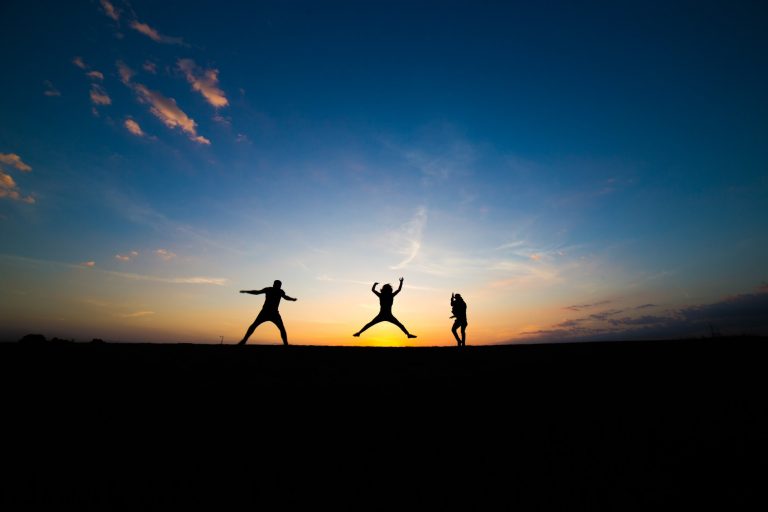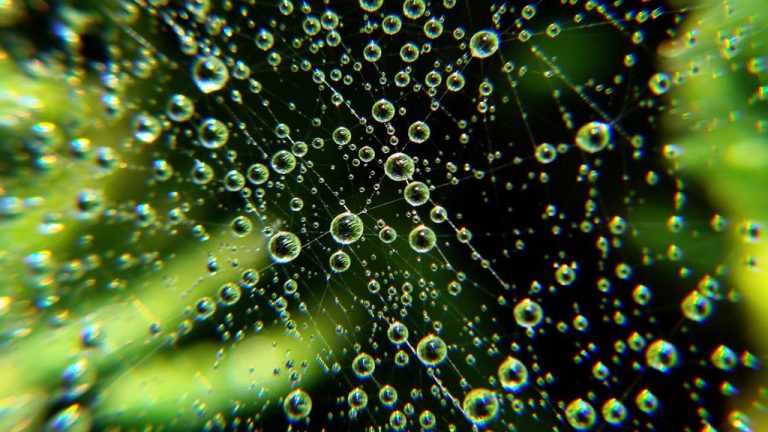Hope and Hopelessness: centre your life in the practice of Active Hope

Faced with strong, overwhelming feelings of hopelessness I’ve been asking myself how do we sustain ourselves in dark times?
Last week, I responded to a tender for work with a failing organisation: I felt I could offer nothing. Later that day, after a conversation with my wife, who offered a listening ear, I remembered that I should take my feelings of hopelessness seriously, but not personally.
I reflected on what I had been blind to earlier, which now seemed obvious; a narrative, set out in 300 pages in the tender documents, assumed that a clear vision, confident leadership, cascading communications and a rational blueprint plan would move this troubled organisation in a linear fashion to the desired destination. The failure in the tender to acknowledge the brutal facts of the current situation lay at the root of my feelings of hopelessness: we first have to acknowledge we are lost if we are to find a path out of the wasteland.
Wherever you look in the public and private sectors our organisational challenges are enormous: how do we create innovative, healthy organisations that act responsibly and sustainably with respect to their customers, employees, wider society and planet? Many of our taken-for-granted ideas about governance, organising and leading are bankrupt.
In the practicality of everyday living and with the complexity of the challenges it is tempting to collude with Business As Usual and sink into either denial – there’s little I can do, it’s not that bad, it’s all their fault – or hopelessness. Joanna Macy and Chris Johnstone in a new book, make a rallying cry for Active Hope, grounded in a deep commitment to creating the kind of world we long for; it’s a practice we continue with even when we feel hopeless.
Active Hope is distinct from everyday understandings of hope, the optimism that things will turn out well; the confident assumption that we can always be successful. In the Nazi concentration camps, Viktor Frankl, a psychiatrist and holocaust survivor, noted it was the optimistic campmates, anticipating early liberation or setting their hope on a particular outcome, who died early, broken by despair and hopelessness.
In the settings we find ourselves, how do we carry on and do the work that is needed? I’ve drawn out five cairns from Joanna Macy’s book, Active Hope and from Meg Wheatley’s new book, So Far from Home. They are primarily shifts in being – how we are –- rather than a list of doing actions:
- Be open to outcomes not attached to them: if we rely on immediate results and affirmation from others to sustain our work we will quickly end up feeling hopeless. If we let go of personal ambition we also liberate ourselves from its Siamese twin, fear, which when it sees no results, cripples our ability to move forward. I re-watched the Lord of the Rings trilogy over the Christmas holidays; it demonstrates beautifully both the crippling paralysis of fear, and the possibility of transcending it. The films also illustrate three critical aspects of leadership:
- The collective nature of meeting great challenges, at different times each member of the Fellowship, a somewhat unlikely, motley collection of characters, stepped forward and played their part.
- Fallibility is an inherent part of the human condition and this weakness allows opportunities for others to contribute.
- With complex challenges, we cannot see the solutions at the beginning nor the way ahead. We must learn to rely on hope “not as the conviction that something will turn out well, but the certainty that something makes sense, regardless of how it turns out.” (Vaclav Havel)
- Practicing gratitude is the art of appreciation and thankfulness: it brings us into the here and now and an appreciation of what is sustaining us. It moves attention beyond self-absorption to notice what is supporting you. The practice of gratitude is related to appreciative inquiry in organisations, noticing what is already in place now and creating value. It is also related to asset-based approaches in community settings: identifying the gifts, resources and talents that are present rather than mapping, yet again, the deficiencies. (This isn’t a pollyannaish fluffy practice; even in, and perhaps especially, in the bleakest of situations we need to connect and ground ourselves in what sustains us.)
- Review the last 24 hours: what are you thankful for? These can be small, ordinary items of your work and life
- Take a moment to feel your gratitude and acknowledge who or what contributed to these moments
- Honour the pain: we manufacture hopelessness when a large gap opens up between what we feel and experience and what seems possible to say. We are social creatures; it requires courage and skill to interrupt the unspoken rules that set the narrow bandwidth for the content and emotion that is acceptable in a conversation. In conflicted situations we have to engage with the experience of current reality: this includes allowing feelings of anger, grief, hopelessness and blame to be heard if we want to make progress. This also calls for the cultivation of compassion, for ourselves and others; that sense of fellow-feeling, to be ready to open to the experience of the other and walk in their shoes. The priority is to cultivate this inner capacity and develop our skills in holding more ‘real’ conversations, where we can hear what is dysfunctional, stuck and destructive, as well as what is working, healthy and life-sustaining.
- Seeing through new eyes: In organisational settings, we need to be clearer about what can be planned up-front and what emerges as we start the work. The fog often lifts as we start the work; small actions have a cumulative power, new possibilities emerge as we bring the parts together, which were not present when the system was operating in isolation. Meg Wheatley in So Far from Home, names two capacities that are necessary for us to see with new eyes: compassion and insight. Wisely, Meg says that we don’t need to insert compassion into people, “we need to create the conditions for it to arise.” Whilst we live in a story of our small selves: our job, our promotion, our group, our tribe, our country, there is little commonality with the other because fear and self-protection are to the fore. What new possibilities emerge if we broaden our story? Our personal story of seven or eight decades is a brief burst of conscious life, which sits within a human story of 250,000 years and an earth story of 3.5 billion years. If we locate our stories within this wider, evolving story, different questions and insights arise. I am not responsible for everything, I can’t sort everything out, but what is the unique and particular contribution I can make?
- Going Forth: are we willing to take the next step without the blueprint, fail-safe master plan? This seems the only viable option with complex challenges: we know the stakeholders disagree, sometimes violently; we know the past is no longer an adequate guide for the future; we know we have to create the path as we walk it. And in acting, Meg Wheatley adds an additional challenge: can we act without adding to the fear and aggression in the world, both of which she predicts are likely to increase. This calls for a new higher level of self-examination and cultivation of our way of being.
Enough thinking. I have a proposal to write but first… a few moments of gratitude…
You can find more of John’s writing on his Living Leadership blog and in our eNewsletter.



